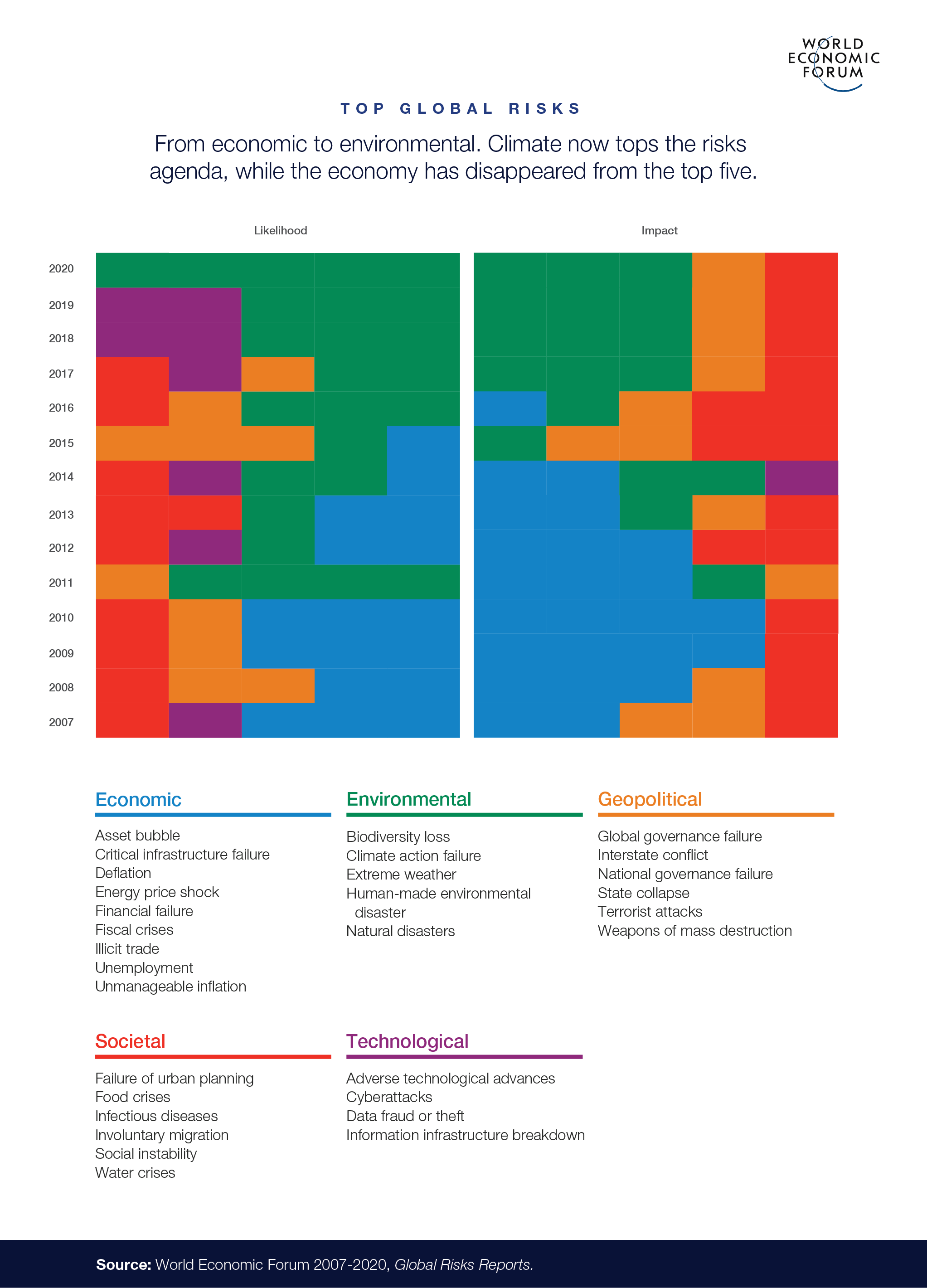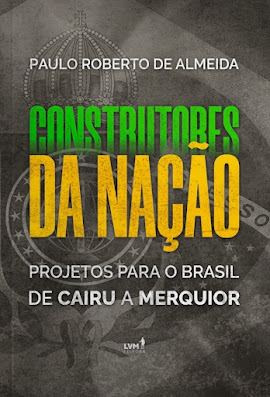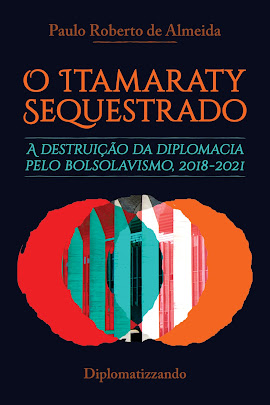Podcasts and Essays on China WEF Work | How China Got Rich: a Deep Dive into China’s 40-Year History of Economic TransformationOriginally published for the World Economic ForumFor most of the last 25 years, I’ve worked as a writer for the World Economic Forum at various events. Recently, some of my work has been bylined, including this piece I wrote ahead of the recent Annual Meeting of the New Champions in Tianjin. The link to the original piece is here. How did the People’s Republic of China achieve its dramatic economic transformation? How did it go from an overwhelmingly rural, impoverished, and technologically backward nation to a technological superpower with cutting-edge technology companies, world-beating EV makers, an enviably extensive network of high-speed rail lines, and an expanding influence across the Global South in the course of only 40 years? In recent decades, that tale has most often been told, especially outside of China, as the story of escape from ruinous ideological excesses in the Mao era. In a time of neoliberal ascendancy, it’s perhaps unsurprising that China’s conspicuous success — average annual GDP growth exceeded 9% between 1980 and 2015 — would serve as Exhibit A in the case for market liberalization, trade, and deregulation. Even today, with these mainstays of the neoliberal gospel no longer viewed so widely as unalloyed positives, it’s still the case that an assertion that China had successfully lifted hundreds of millions out of poverty is likely to be challenged with the assertion that hundreds of millions of Chinese lifted themselves out of poverty. Mao’s Foundations: Setting the stage for reformTo be sure, the growth of the private sector, wage and price liberalization, the export sector, and openness to foreign investment each played a critical part in China’s rise. And growth really did take off once Deng Xiaoping’s signature policy of Reform and Opening kicked in. But the “conventional wisdom” ignores the fact that — even inclusive of the serious mistakes, lost lives and lost years that some insist define the early decades after 1949 — the foundations laid during Mao’s rule, including land reform and redistribution, substantial investments in heavy industry, public health, literacy, electrification, and transportation gave China a substantial leg up. These developments positioned China for takeoff well ahead of the official inauguration of Reform and Opening in 1978. While Deng’s reforms catalyzed China’s economic takeoff, they built upon critical foundations established during Mao’s era, which are often overlooked. As for the notion that the Chinese people lifted themselves out of poverty, this ignores skillful management on the part of Deng and others. It also doesn’t reckon with the touch-and-go politics that, at several points, could easily have seen more conservative leaders prevail over Deng and other champions of reform. It slights the critical role of the Party leadership — not only Deng Xiaoping but also Jiang Zemin, Hu Jintao, and Xi Jinping — in making far-sighted investments in infrastructure and post-secondary education. Just as importantly, it ignores the leadership’s role, during critical moments, in ensuring the orderly privatization of formerly state-owned assets. That preserved social stability, even amid the potentially disruptive process of shuttering inefficient state-owned enterprises, and helped create a private market in real estate that generated enormous wealth for ordinary Chinese citizens. Yes, the story of China’s meteoric rise from the ruins of a war-torn, impoverished, agrarian empire to a mostly urban, upper-middle-income superpower positioned to challenge even the U.S. for technological primacy is a story of pragmatism, experimentalism, and strategic vision — but not just on the part of private-sector entrepreneurs. Deng’s vision: Reform and opening and escaping shock therapyChina’s rapid transformation after 1978 owes not just to what China’s leaders decided to do — to their affirmative policy choices — but as is too often overlooked, also to what the nation’s leaders decided not to do. Isabella Weber has argued convincingly that its policy of selective price liberalization was key to its success: China avoided the “shock therapy” — sudden, across-the-board price liberalization — that she blames in large part for the relatively poor economic performance of other post-socialist states. China opted instead for a dual-track approach, described by the motto “grasp the heavy and release the light,” which meant that core, strategic sectors — steel, power, petrochemicals, transportation, and the like — would remain under the planned economy for the time being, enabling gradual adaptation to market mechanisms without abrupt disruptions. Liberalization would be allowed in certain light industries, especially those with promising export markets, and expand incrementally as the rest of the economy adjusted and began integrating market mechanisms in a gradual fashion. The sequence in which different sectors of the economy were allowed to experiment in market liberalization also proved key. Agricultural reforms — most famously, the Household Responsibility System, which allowed farmers to sell any crops they grew in excess of what they were obliged to sell to the state — first laid an important foundation, significantly boosting food production and ensuring ample reserves while managing to maintain price controls on grains, food oils, and other staples. This helped the reformist faction gain the confidence not only of ordinary people but also of conservatives wary of social instability and less willing to depart from Marxist-Leninist orthodoxy. Eager to avoid the policy missteps of Russia, and worried that the Russian example and China’s own domestic unrest might empower conservative critics of marketization, Deng Xiaoping embarked in early 1992 on his now-famous “Southern Tour.” In conscious imitation of imperial rulers who occasionally held grand processions to the rich southern provinces, Deng used his Southern Tour to signal to the public, to allies (and rivals) in the Politburo, and to regional officials that he was doubling down on his commitment to economic reforms. He singled out the Special Economic Zones (SEZs) such as Shenzhen, which served as laboratories for market reform, and these attracted foreign investment and fostered export-oriented growth, especially after World Trade Organization (WTO) accession in 2001. These zones became, and in some cases remain, the engines of industrialization and integration into the global economy, setting the stage for China’s rise as a manufacturing powerhouse. By the late 1990s, they would become centres for contract manufacturing and, in Shenzhen’s case, the center for China’s booming tech hardware sector. Strategic state interventions: Infrastructure, FDI, and SOEsChina’s policies to attract Foreign Direct Investment (FDI) were also pivotal in its economic ascent. By providing incentives such as tax breaks and creating a favourable regulatory environment, China became a magnet for foreign capital, initially coming predominantly from Hong Kong SAR and diasporic communities in Asia and North America. This influx of FDI brought in not only capital but also advanced technology and managerial expertise. Through joint ventures and other forms of cooperation, China systematically absorbed and adapted foreign technologies, rapidly closing the technological gap with more developed economies. Massive investments in infrastructure further propelled China’s growth. Initially, especially in the 1970s, much of this investment came from Japan, which negotiated important infrastructure-for-resources deals to build state-of-the-art mines as well as the railways needed to transport ore to ports where it could then be shipped to Japan. Ownership reverted to China once the investment was paid off in kind — a pattern that worked very well for China and that, as the scholar Deborah Brautigam has noted, China went on to replicate with its own infrastructure-for-resources deals in much of the Global South. China’s now famous investment in infrastructure — it currently has the world’s largest expressway network, in addition to the largest high-speed rail network — reduced logistical costs and facilitated domestic and international trade. The expansion of telecommunications infrastructure supported the burgeoning digital economy and enhanced overall connectivity within the country: China now boasts more than 4.25 million 5G base stations, compared to less than 150,000 in the United States. Reforming state-owned enterprises was another critical component of China’s economic strategy. Gradual restructuring and partial privatization of SOEs, including the deliberate creation of competitors in key sectors like petroleum and telecoms, aimed to improve efficiency and competitiveness, allowing for a more dynamic industrial sector. Major Chinese SOEs even tapped into leading capital markets in the U.S., improving their corporate governance, becoming more transparent, and streamlining their operations to appeal to overseas investors. On balance, this whole process was managed well, resolving the tension between the benefits of market mechanisms with the need to maintain social stability. Despite the continuing importance of the state sector, by the mid-1990s — even before China acceded to the WTO in 2001 — job growth was coming primarily from the private sector. For three decades, urbanization brought large-scale migration from rural areas to China’s cities, providing a steady tailwind of relatively inexpensive labour. At the same time, a substantial middle class fueled domestic consumption, creating a significant internal market for goods and services. This was especially true after 1998. In that year, the implementation of housing reform policies initiated by then-Premier Zhu Rongji made the purchase of state-owned housing by residents at steeply discounted prices not only possible but ubiquitous. A commercial housing market came into being almost overnight and became the source of considerable urban wealth. China’s integration into the global economy was facilitated by geopolitical shifts following the Cold War and broader trends in globalization. A long period of interstate peace in the region, now exceeding 40 years, the creation of both bilateral and multilateral free trade agreements, and China’s push to join the WTO in 2001 significantly boosted China’s trade and investment flows, further embedding it into global supply chains. Though difficult to quantify, it’s hard to ignore cultural factors: a strong work ethic and the influence of Confucian values emphasizing education and social harmony have contributed to China’s economic success. When it came to education, Beijing put its money where its cultural predilections already were. China’s massive investments in human capital development proved instrumental in sustaining its growth. Significant investments in post-secondary education and vocational training created a more skilled and versatile workforce. In the course of only 20 years, from 1995 to 2015, China went from a country with only 8% of its college-age population enrolled in post-secondary institutions to one where over 50% of the population received a college education. As China moved up the value chain in manufacturing and services, the quality of its labour force became a key competitive advantage. China’s digital revolutionChina’s rapid adoption of digital technologies positioned it at the forefront of the digital economy early on. Beginning in 1997, with the internet still in its infancy in China, a wave of tech entrepreneurs, including many returnees from the U.S., founded companies that, within just a decade, would become some of the world’s biggest tech companies, broadening the information horizons of ordinary Chinese people, transforming the retail landscape, and driving further innovation. The widespread use of mobile payments and the rise of e-commerce giants like Alibaba catapulted China to the forefront of digital commerce. In parallel to the private sector-led growth of the consumer internet, the Chinese state recognized the transformative potential of technology and pushed enterprises to embrace tech. Through campaigns for “informatization” beginning in the early 2000s and for “Internet Plus” a decade later, Beijing incentivized businesses to embrace technologies. By the mid-2010s, foreign visitors to Chinese cities began remarking frequently on the hypermodern feel of the consumer experience in China. Meanwhile, through subsidies and the unambiguous telegraphing of its priorities to scientists, researchers, local officials, and entrepreneurs alike, the Chinese state signaled which specific technologies it identified as key: AI, advanced robotics, new equipment, advanced semiconductors, next-generation telecommunications standards, electric vehicles, photovoltaics, and wind energy, to name a few. Challenges ahead: Balancing growth and stabilityThe Chinese leadership under Xi Jinping has as its current focus the development of “new quality productive forces.” What this means is that innovation will, it is hoped, become the main driver of growth, with an emphasis on quality growth over quantity or rapid expansion. This translates more concretely into a renewed emphasis on basic science, “hard” tech like new materials and semiconductors, artificial intelligence, supply chain efficiency and rationalization, and green and sustainable development. Xi Jinping would like to see physicists doing physics, not designing sophisticated financial products or social media advertising algorithms. Whether these strategies will succeed in navigating China through its next phase of development remains an open question, but if China’s past record is any indication, one might reconsider betting against it. Other developing countries might look to China’s experience for lessons, but the unique combination of historical context, cultural factors, and policy decisions that shaped China’s rise may not be easily replicable. When its own rhetoric speaks so often of “Chinese characteristics,” it may be less likely that China will seek to push its own developmental model, though doubtless some of its features will prove attractive. As China continues to evolve, the world will be watching closely to see how it addresses these challenges and what new pathways it charts for future growth. Those challenges are numerous: Environmental degradation, rising labour costs, and an aging population pose significant hurdles. Maintaining the stability that has been so crucial for China thus far, while allowing for experimental approaches, improvisation, and creative thinking that will drive economic dynamism in the future will require careful balancing. |


























